Key takeaways from the Paris summit on climate finance
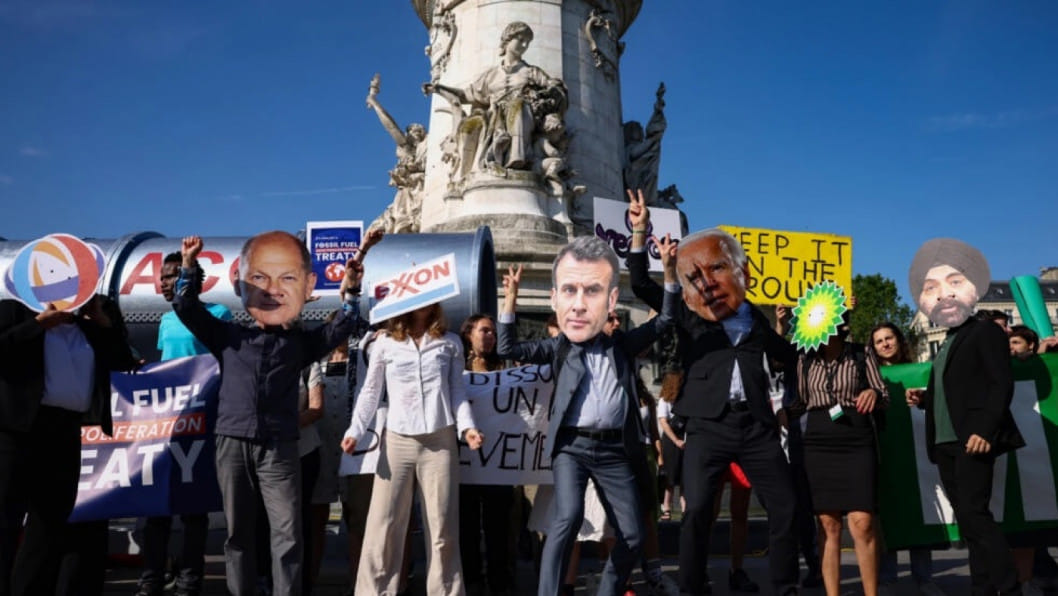
Recently, I had the privilege of being invited to the Summit for a New Global Financing Pact, hosted by President Emmanuel Macron of France, alongside over 20 heads of government. Bangladesh was represented by Foreign Minister AK Abdul Momen and Climate Envoy Saber Hossain Chowdhury.
I was invited to speak at three events during the summit. The first was an official side event organised by civil society groups on raising funds by making polluters pay. It was attended by high officials from France, Barbados and the European Union. I raised the proposal for an air passenger solidarity levy of five euros per passenger, on all passengers, to provide additional funds for the new Loss and Damage Fund, to be set up at COP28 in Dubai in December. Such an air passenger levy has already existed in France for 10 years, and it raises nearly 200 million euros a year, which is donated to the global health fund.
Such an air passenger levy could be applied unilaterally by other European governments across the EU. If the EU were to apply such a levy, it would raise over one billion euros a year, which would be a good start for the Dubai Loss and Damage Fund. Frans Timmermans, who is the European head on climate change, said it was an interesting idea.
My second side event was organised by Brac, and it presented an opportunity to showcase Bangladesh's efforts to tackle climate change in a whole-of-society approach. It included Saber Hossain Chowdhury speaking on behalf of the government, Dr Golam Rabbani from the Climate Bridge Fund (CBF), managed by Brac, representing Bangladesh's civil society, and me representing academia showing how the Bangladeshi population is preparing to tackle climate change at the scale that is required.
My overall impression of the summit was that it was certainly an admirable attempt by President Macron to raise the important issue of reforming the global financial system in light of the climate change emergency. He was indeed able to get some key allies and heads of government to support his call. At the same time, the heads of the World Bank and International Monetary Fund (IMF), who were also present at the summit, promised to take necessary actions to enhance their climate change funding.
My third event was a public event at the centre of Paris at the Academie du Climat, which attracted many hundreds of young people from the city to a series of interactive events. I was given the opportunity to speak to the young Parisians about how young people around the world need to join forces to tackle climate change as a truly global movement, without necessarily waiting for their leaders to act with the necessary speed.
My young colleague, Towrin Zaman, was also interviewed about the losses and damages from human-induced climate change suffered in Bangladesh.
Finally, the summit itself resulted in some very good ideas and speeches from a number of heads of government. I would like to mention the speech from Prime Minister Mia Mottley of Barbados, who has been pushing for debt relief for all developing countries suffering climate change impacts as part of her Bridgetown Initiative. Also, President William Ruto of Kenya made a powerful speech accusing the developed countries of making promises they do not keep. He argued for a more equal distribution of global power in global financial institutions.
The heads of government were also made to listen to a young activist from Africa, Vanessa Nakate, who told them they were failing in their duties to the younger generation.
My overall impression of the summit was that it was certainly an admirable attempt by President Macron to raise the important issue of reforming the global financial system in light of the climate change emergency. He was indeed able to get some key allies and heads of government to support his call. At the same time, the heads of the World Bank and International Monetary Fund (IMF), who were also present at the summit, promised to take necessary actions to enhance their climate change funding.
The summit was also an event for young people and climate activists to come together to both protest and celebrate together.
Whether the summit will result in any new concrete action going forward remains to be seen, but it has certainly given a positive push in the right direction, and President Macron and the people of France should be recognised for their positive actions.
Dr Saleemul Huq is director at the International Centre for Climate Change and Development (ICCCAD) and professor at Independent University, Bangladesh (IUB).

 For all latest news, follow The Daily Star's Google News channel.
For all latest news, follow The Daily Star's Google News channel. 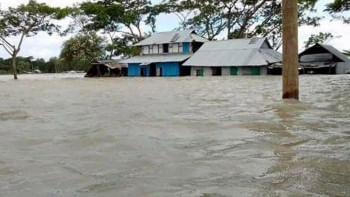
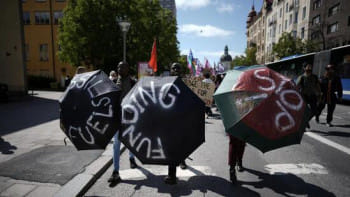


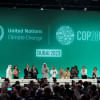

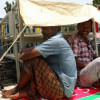
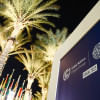
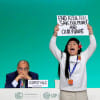


Comments